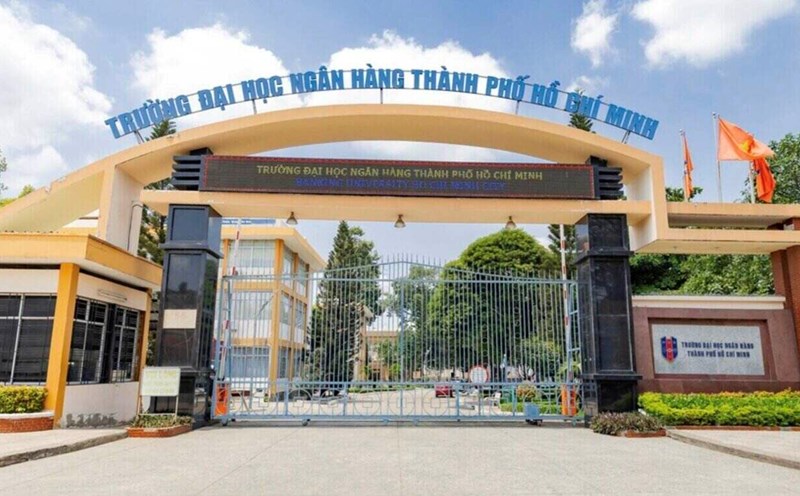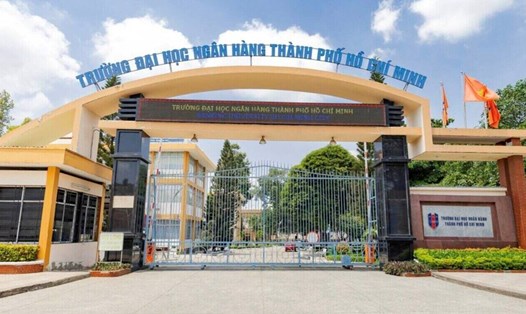At the Government Standing Committee meeting working with commercial banks on February 11, Prime Minister Pham Minh Chinh gave very prominent instructions related to profit sharing to unblock economic flows.
The head of the Government believes that banks must operate profitably, but in addition to profit, they must bring common benefits to the country, because "when the water rises, the duckweed floats."
Therefore, the Prime Minister called on banks to sacrifice part of their profits to support businesses and people facing difficulties.
This is a very reasonable proposal, especially when the relationship between banks - businesses - people is symbiotic. If the majority of businesses go bankrupt, workers become unemployed, and purchasing power declines severely, eventually the banking system will not be able to avoid losses in bad debts or lost revenue.
Statistics show that in 2024, up to 8 banks will achieve profits of over 10,000 billion VND, including one bank reaching a record of 42,000 billion VND.
Meanwhile, in January 2025 alone, more than 52,800 businesses nationwide registered to temporarily suspend business (equivalent to 1/4 of the total number of businesses ceasing operations in 2024).
These contrasting figures show that the economic and financial picture is in need of more reasonable solutions to reduce the gap between the banking sector and the business community and workers.
In his directive, Prime Minister Pham Minh Chinh also requested the State Bank and commercial banks to continue researching preferential credit packages for both supply and demand, with special emphasis on developing social housing, housing for young people under 35 years old and disadvantaged groups.
With temporary and dilapidated houses still prevalent, the proactive participation of banks in injecting capital and supporting interest rates will contribute to bringing a new look to social security, while stimulating the real estate market and related industries.
The Prime Minister’s view that “when the water rises, the duckweed rises” with commercial banks is also a philosophy of sustainable development. When banks are willing to share with businesses and workers, it means creating more opportunities to keep the cash flow flowing smoothly.
From there, production and business activities recover, businesses earn more profits and continue to repay principal and interest to the bank. This cycle not only ensures the individual benefits of the bank or business, but also brings common value to the whole society.
The Prime Minister's direction on sanitizing the banking system, combined with the spirit of "sacrifice" for the common goal, will help clear bottlenecks and create momentum for the economy.
Profit is of course important for banks, but that profit needs to go hand in hand with social responsibility, to create a more sustainable and fair business environment, where people and businesses feel the real companionship of the banking system.
Only then will the "symbiotic" relationship between banks - businesses - people truly be effective, bringing the country faster and further on the path of development.












